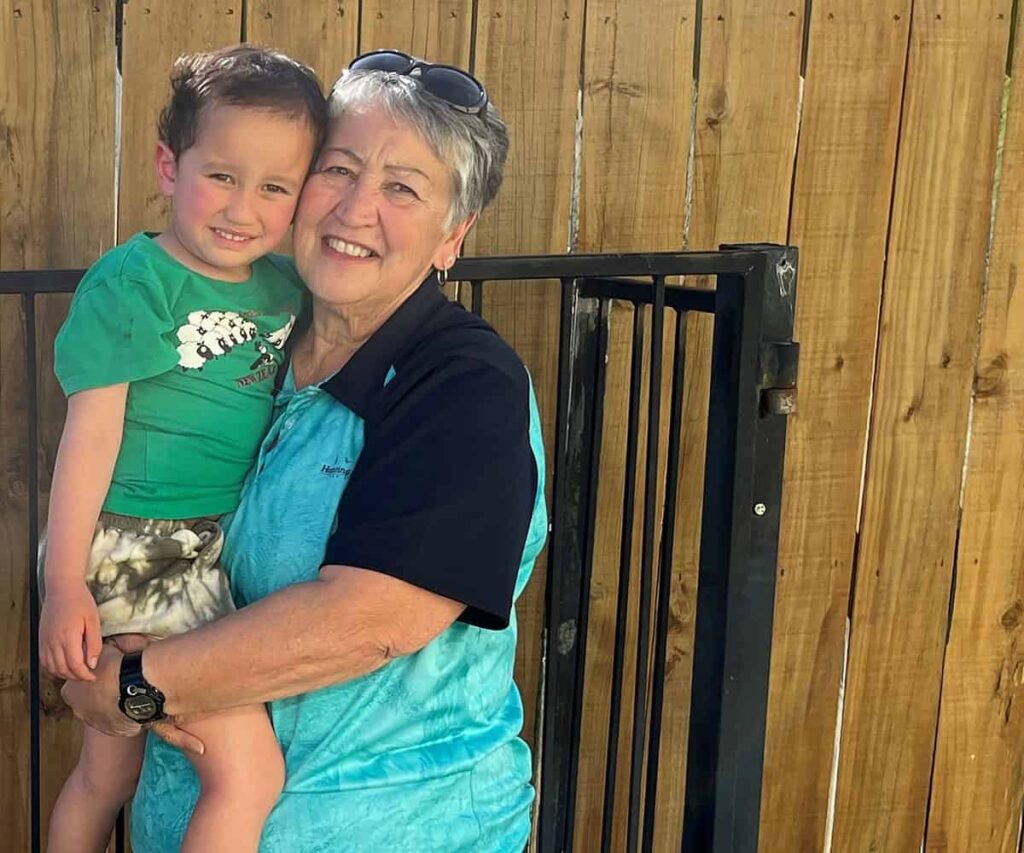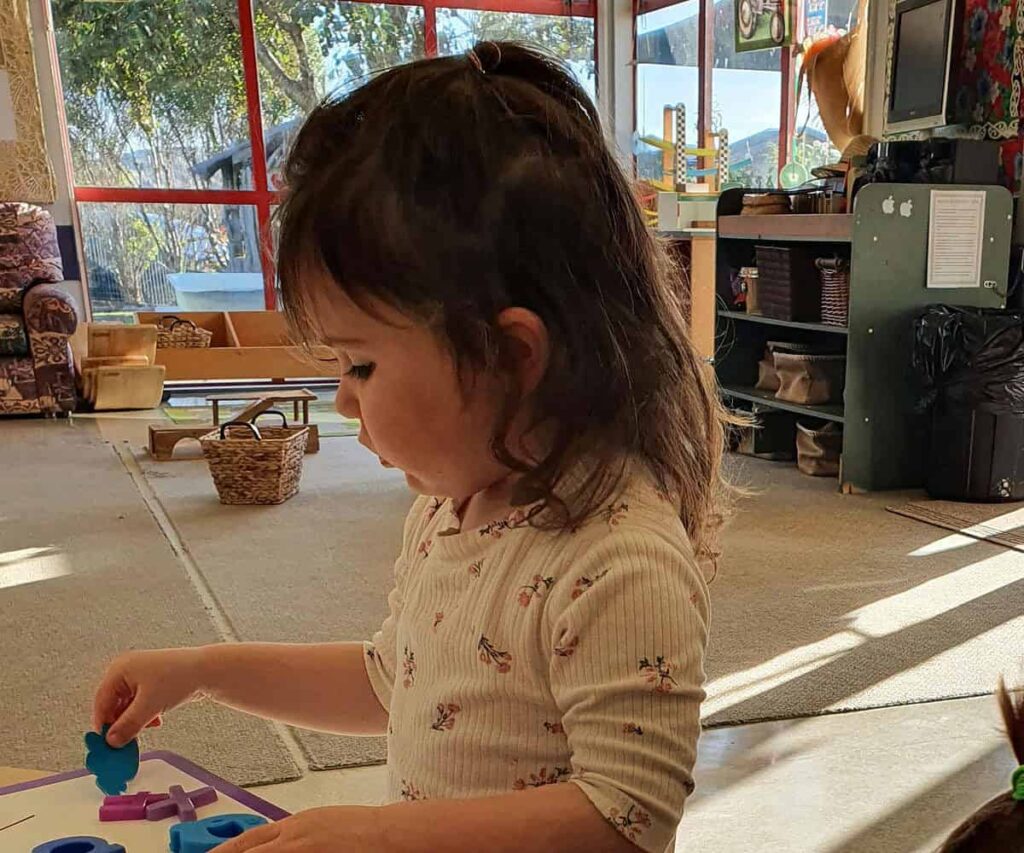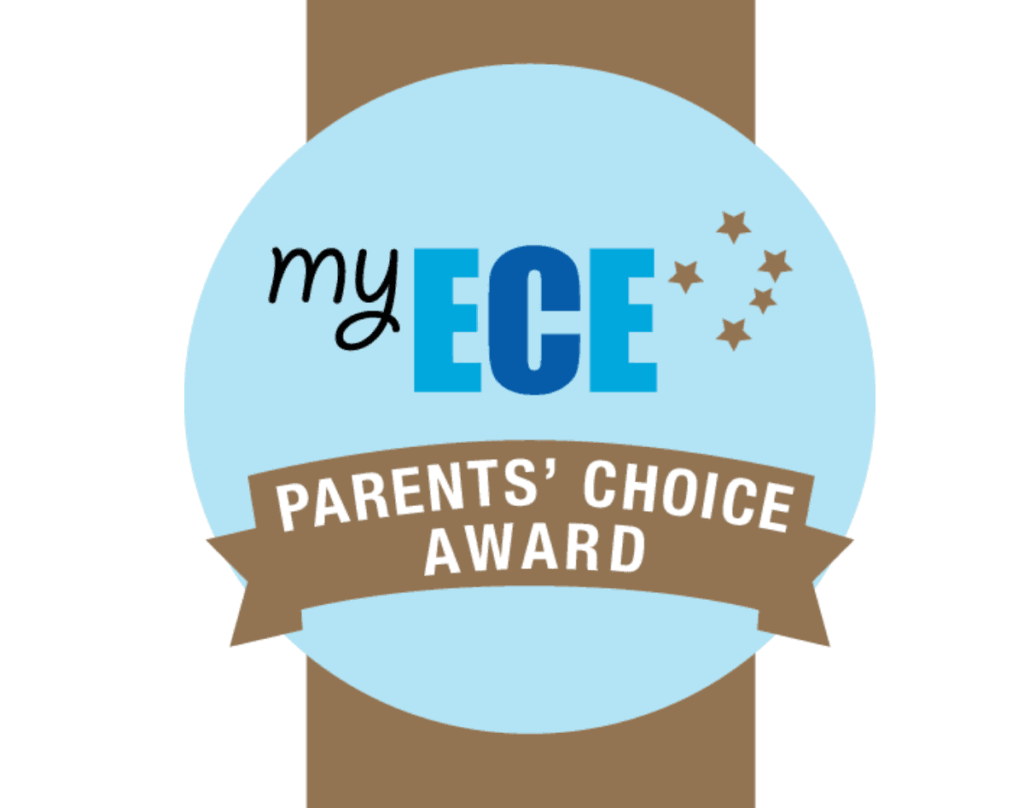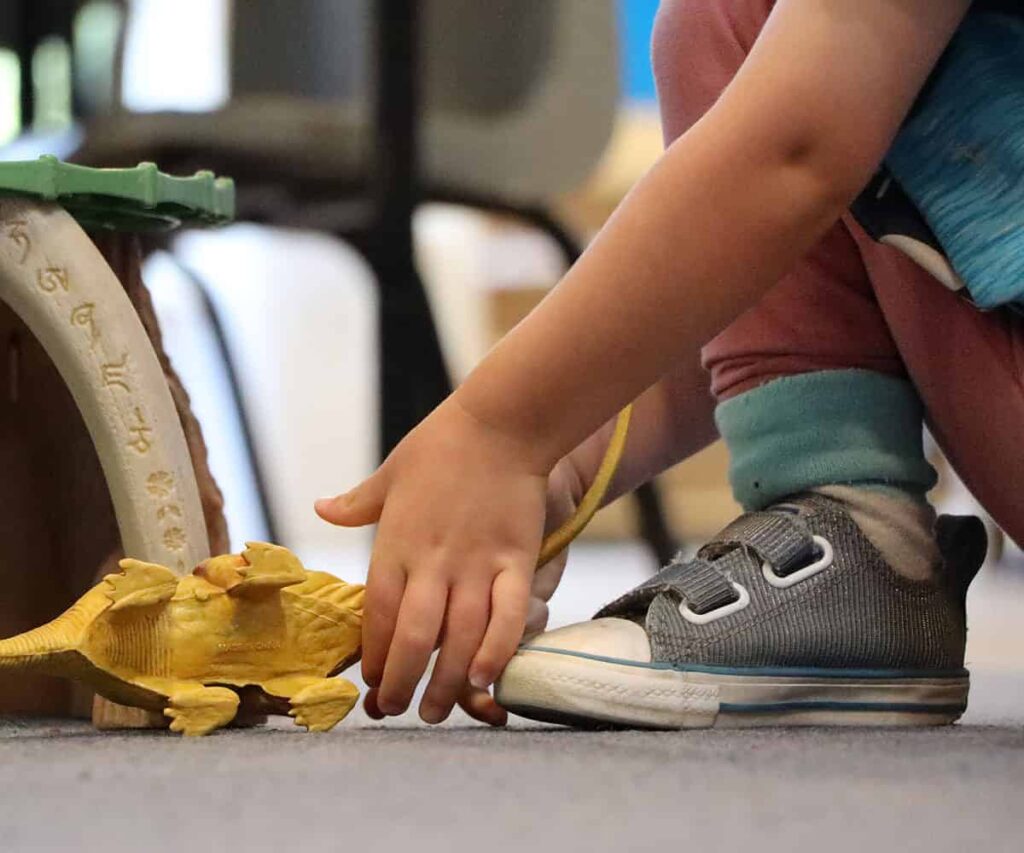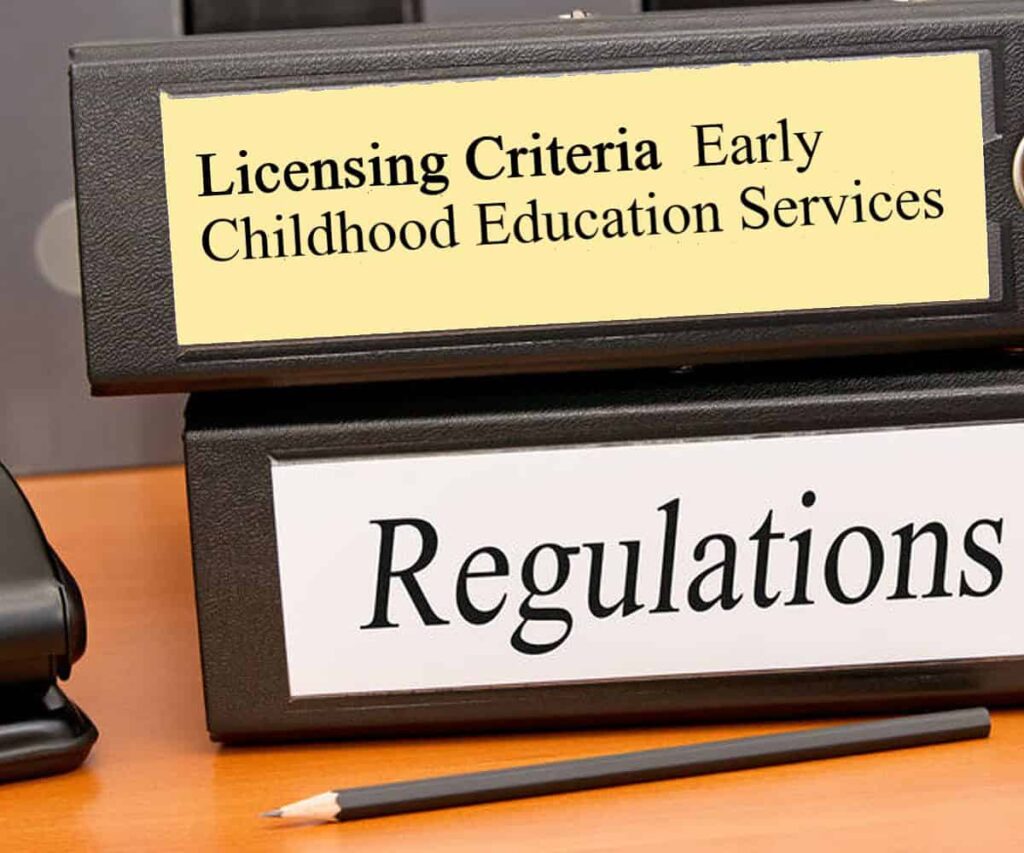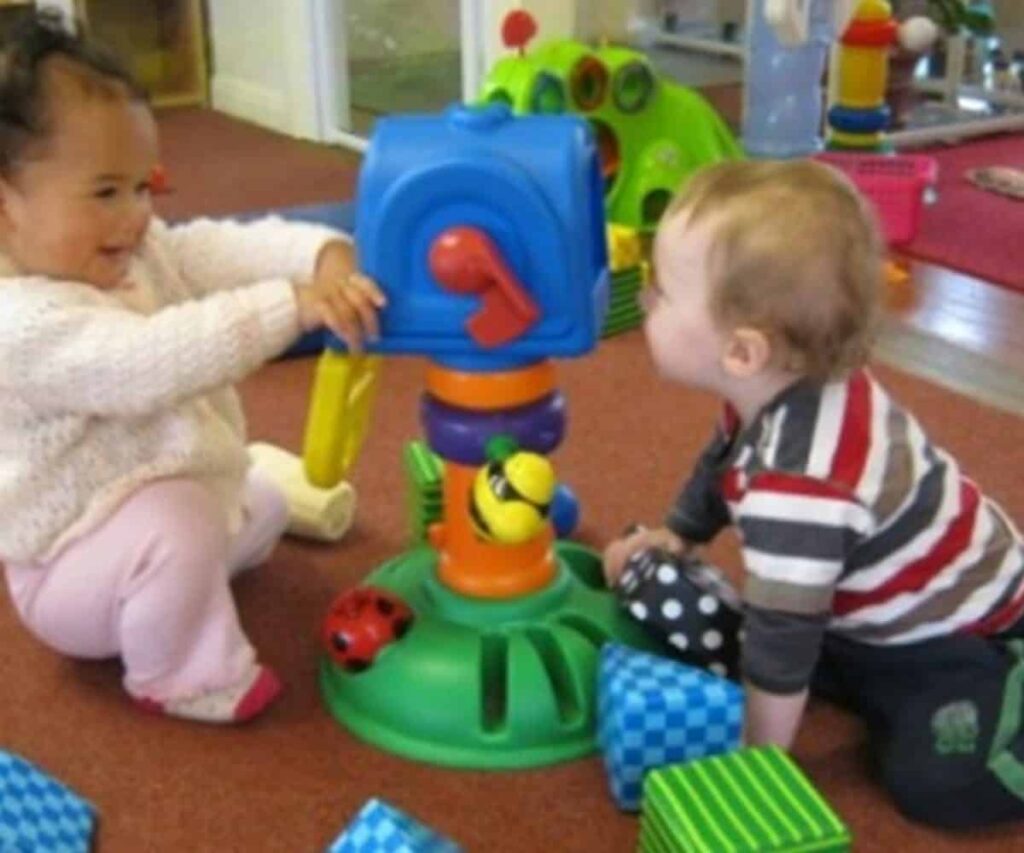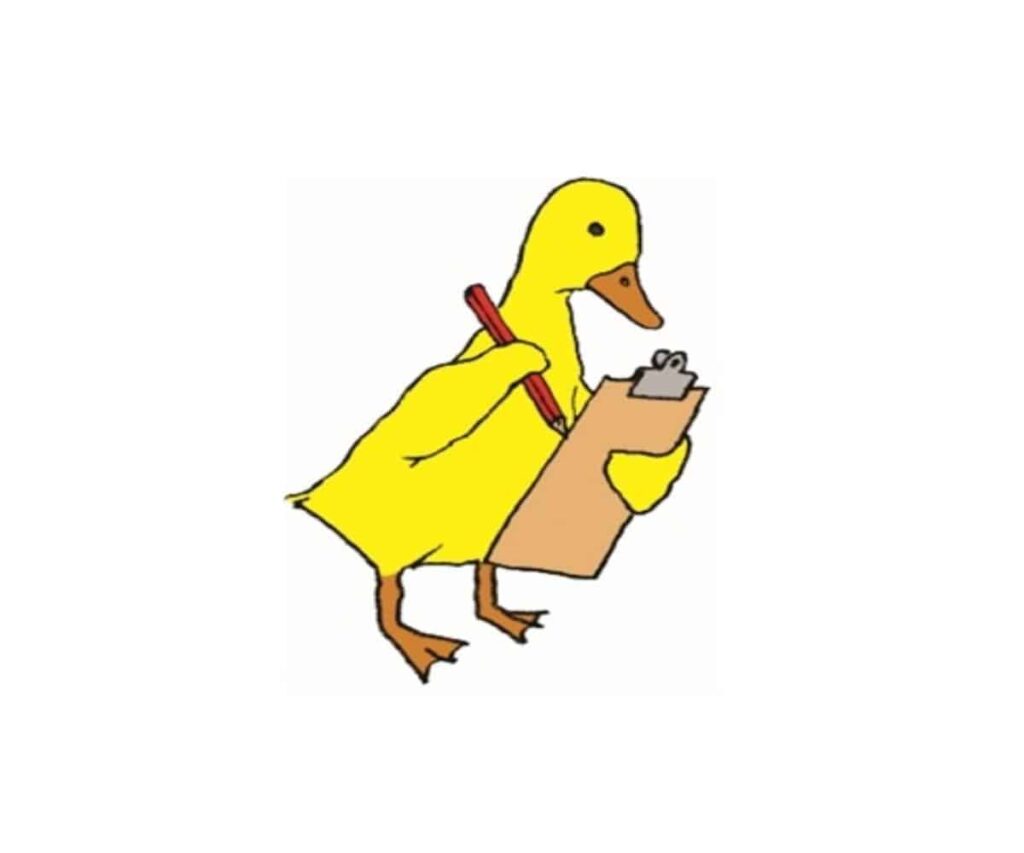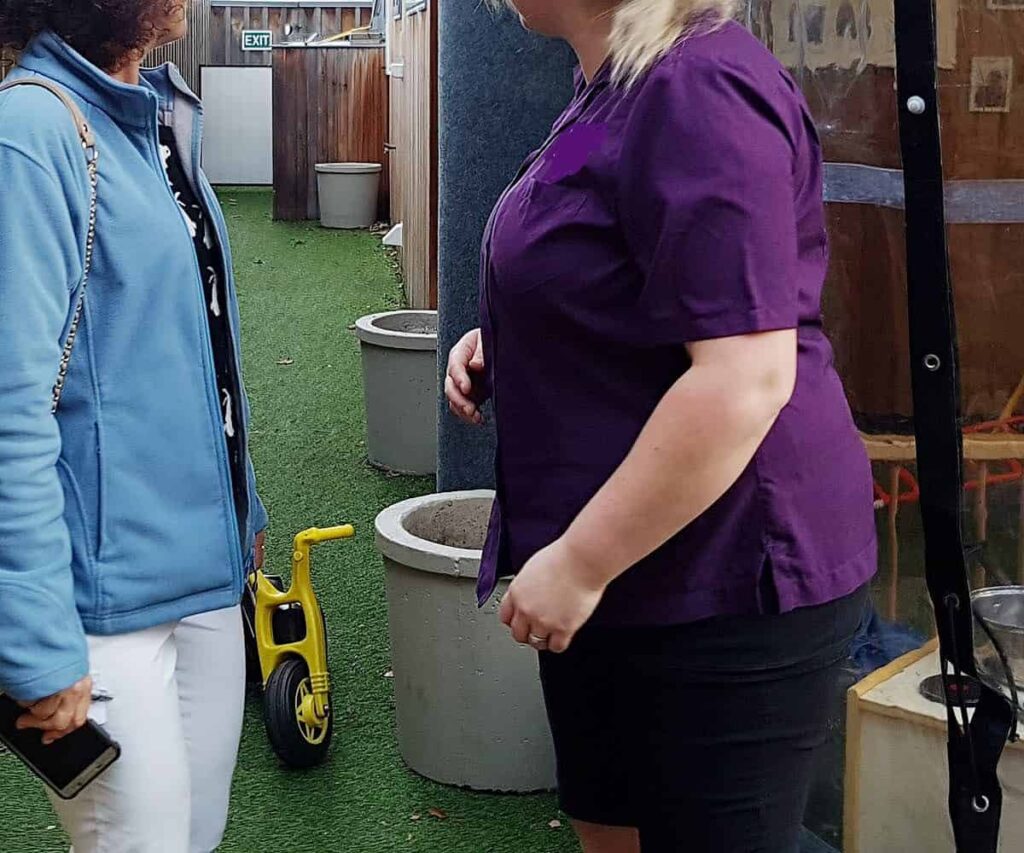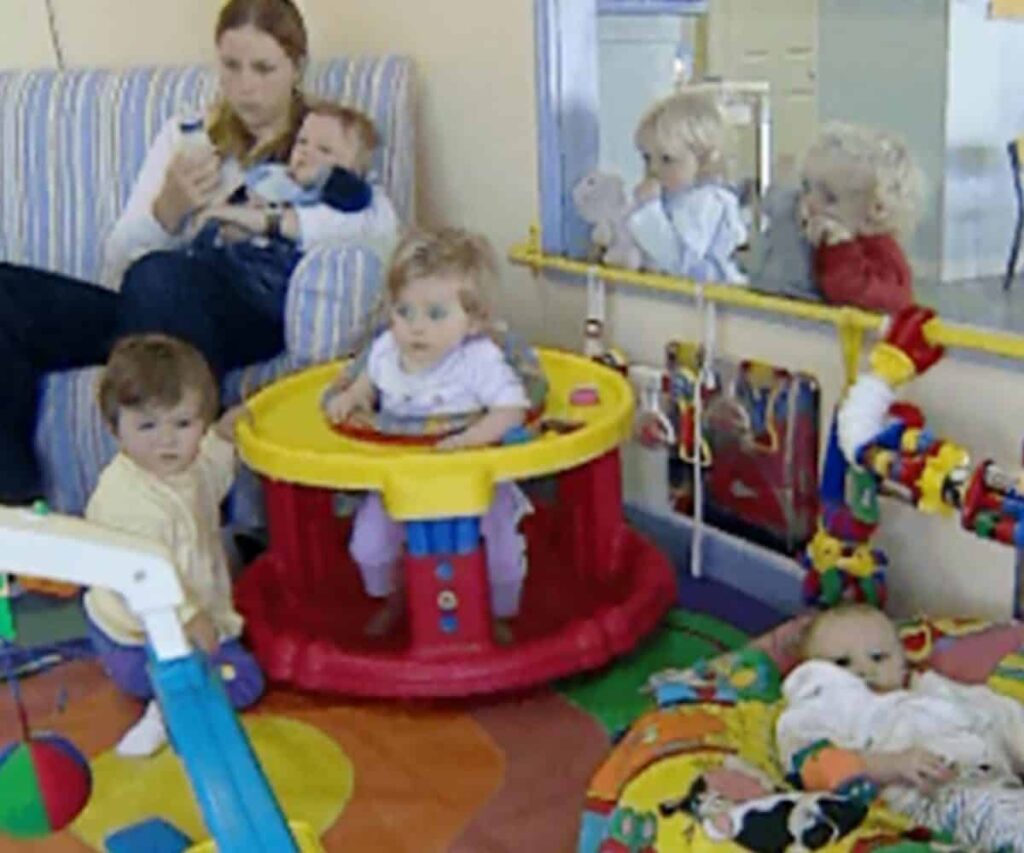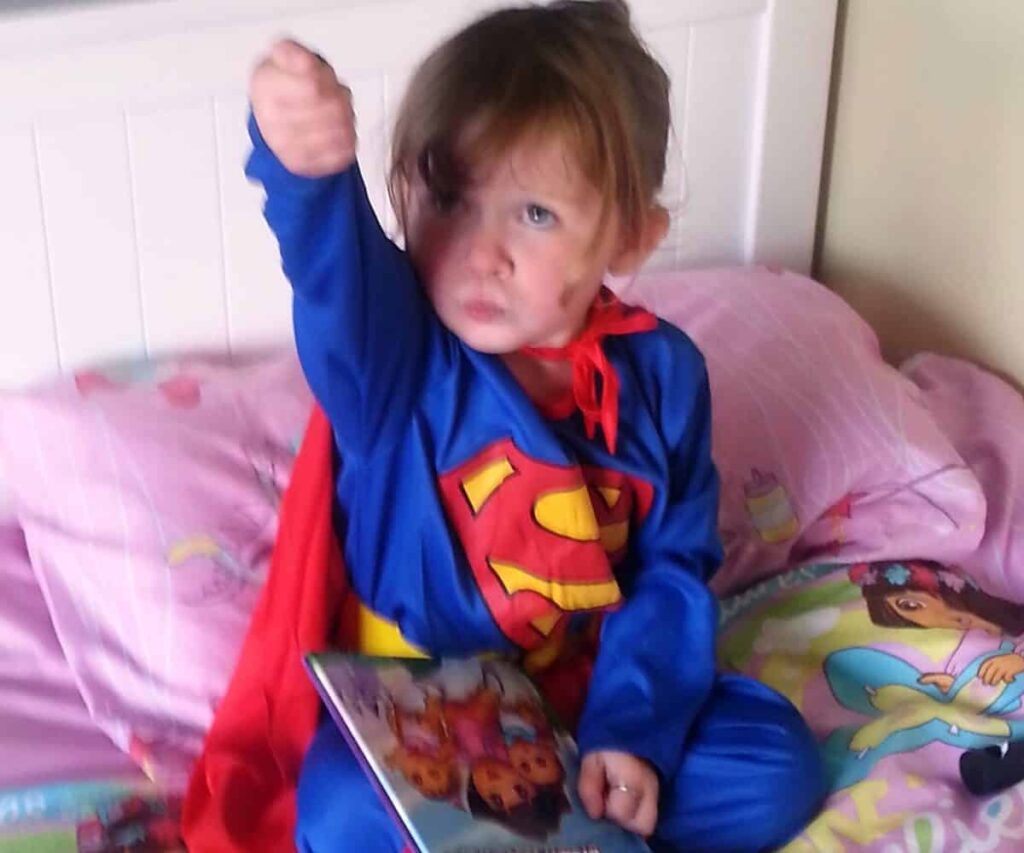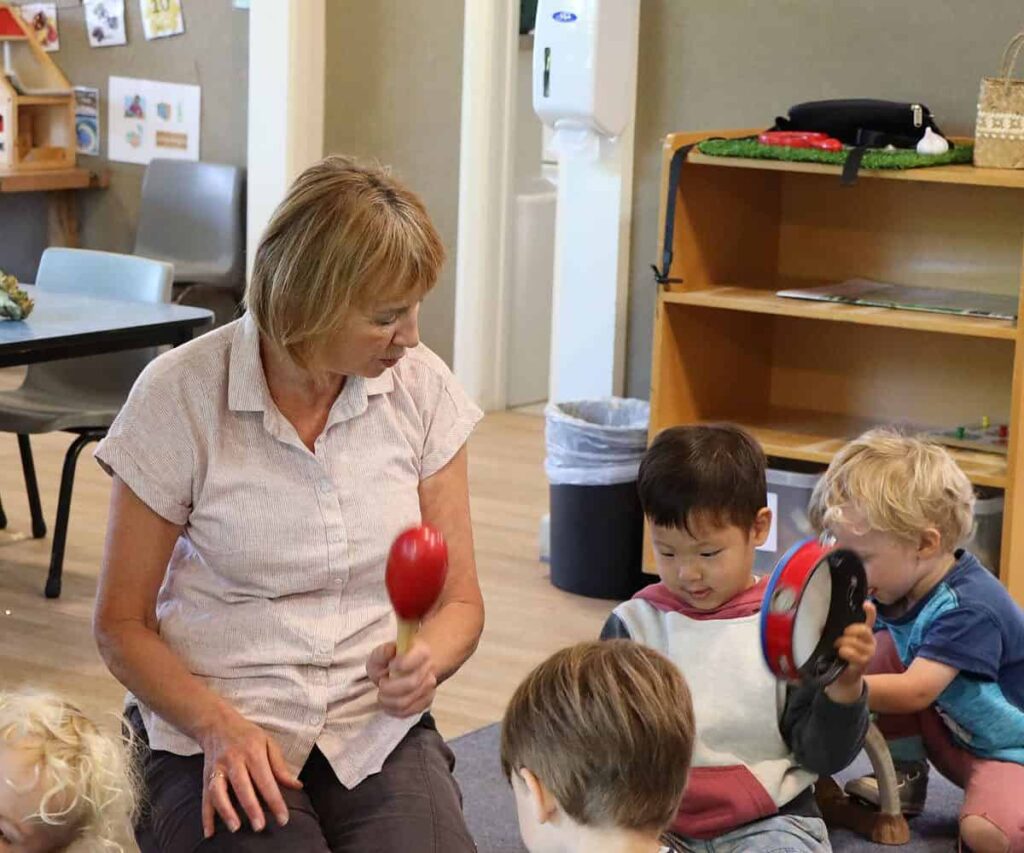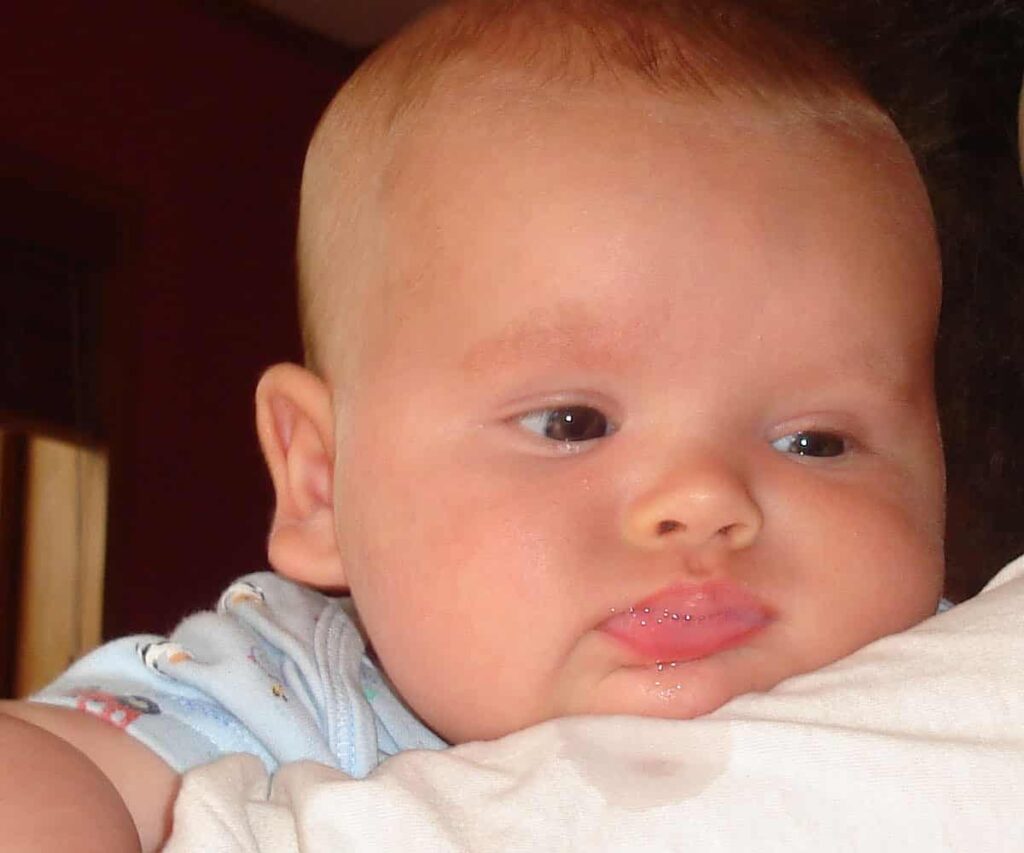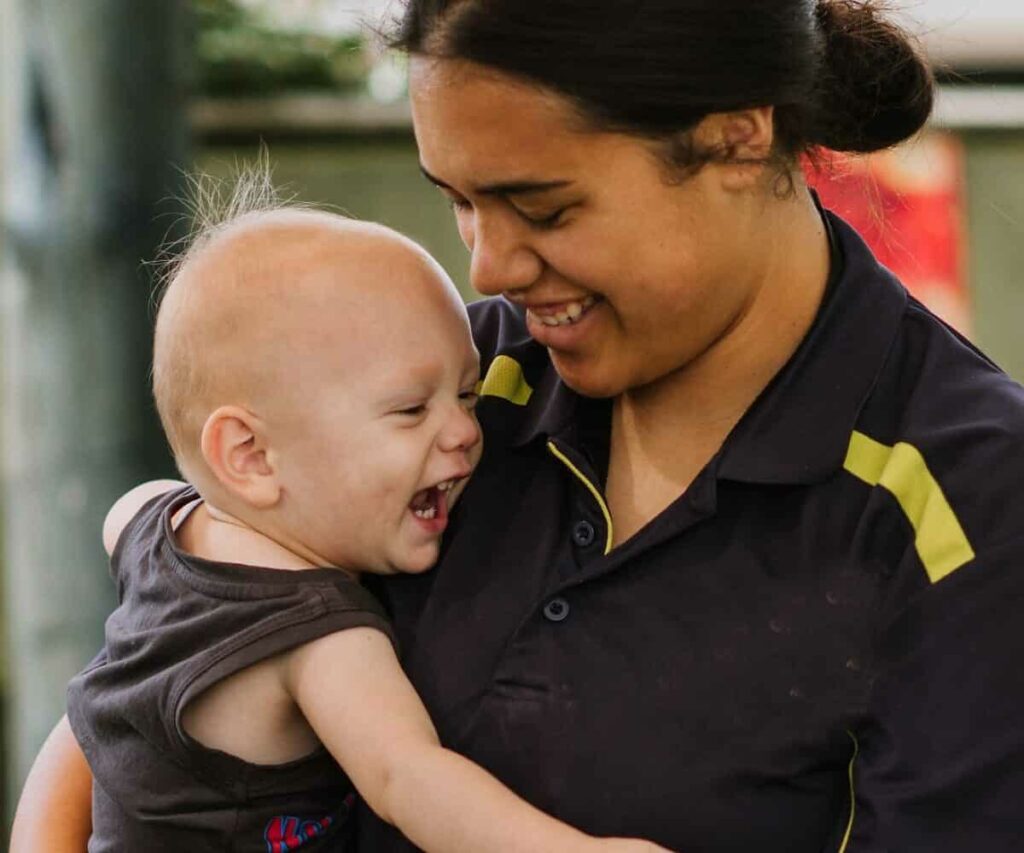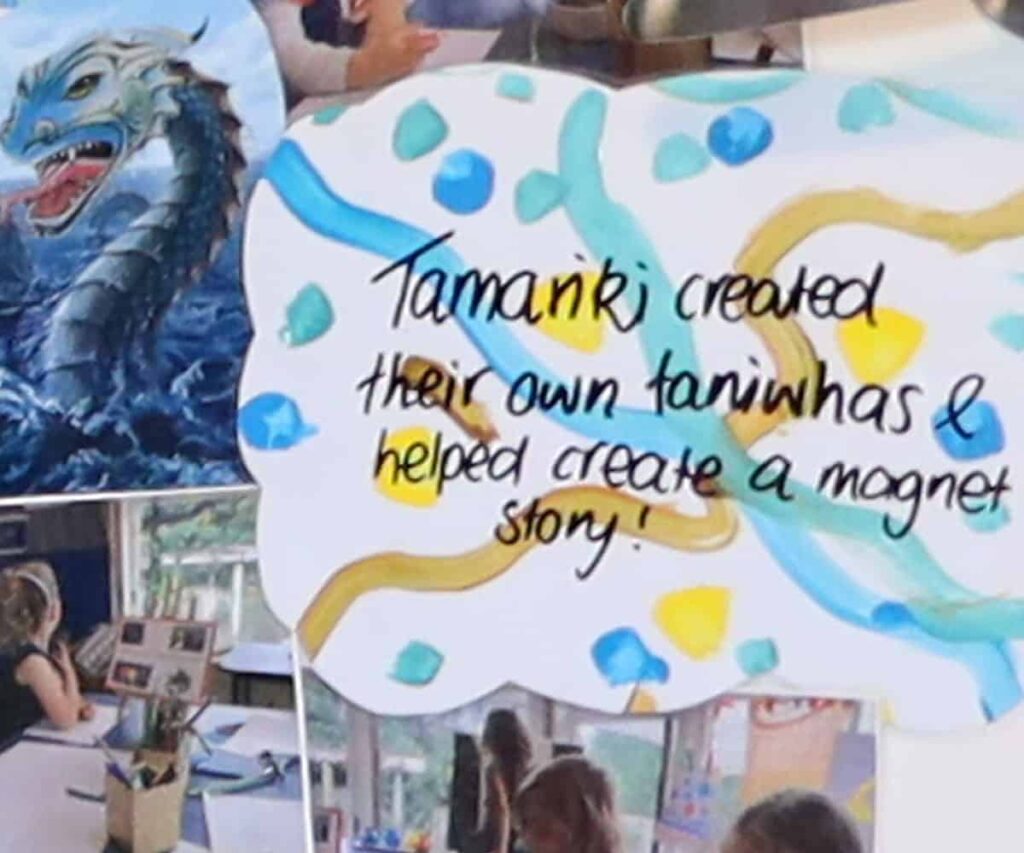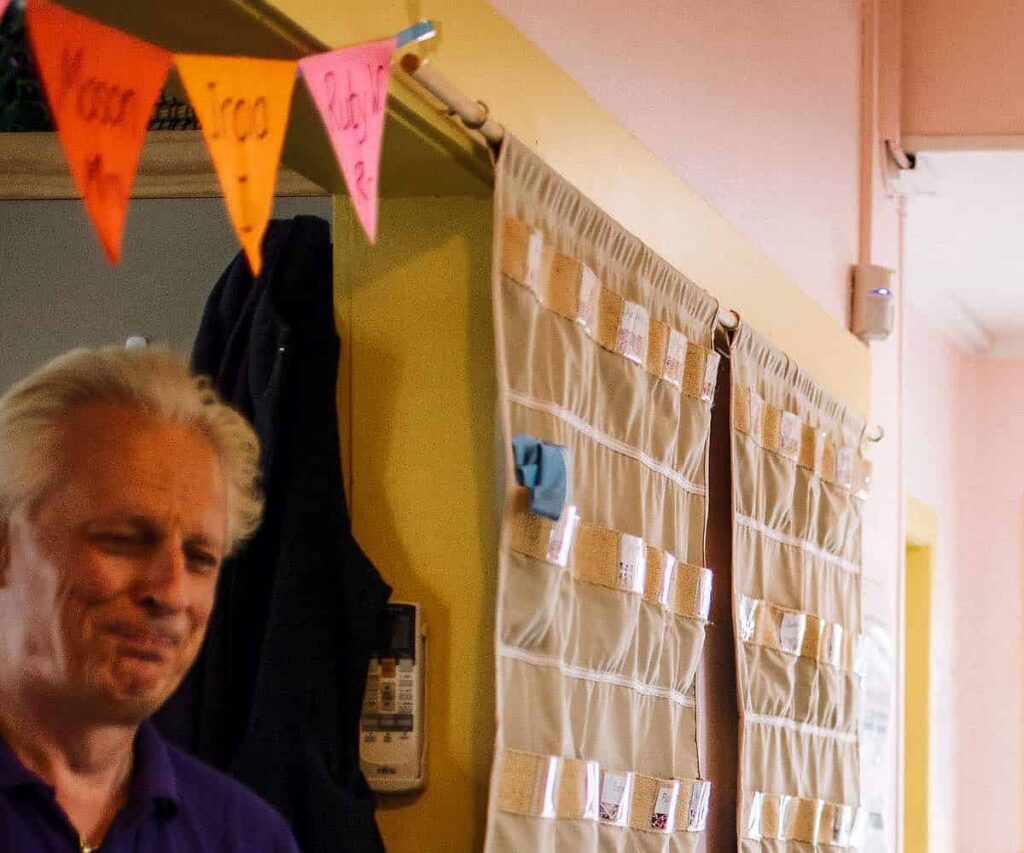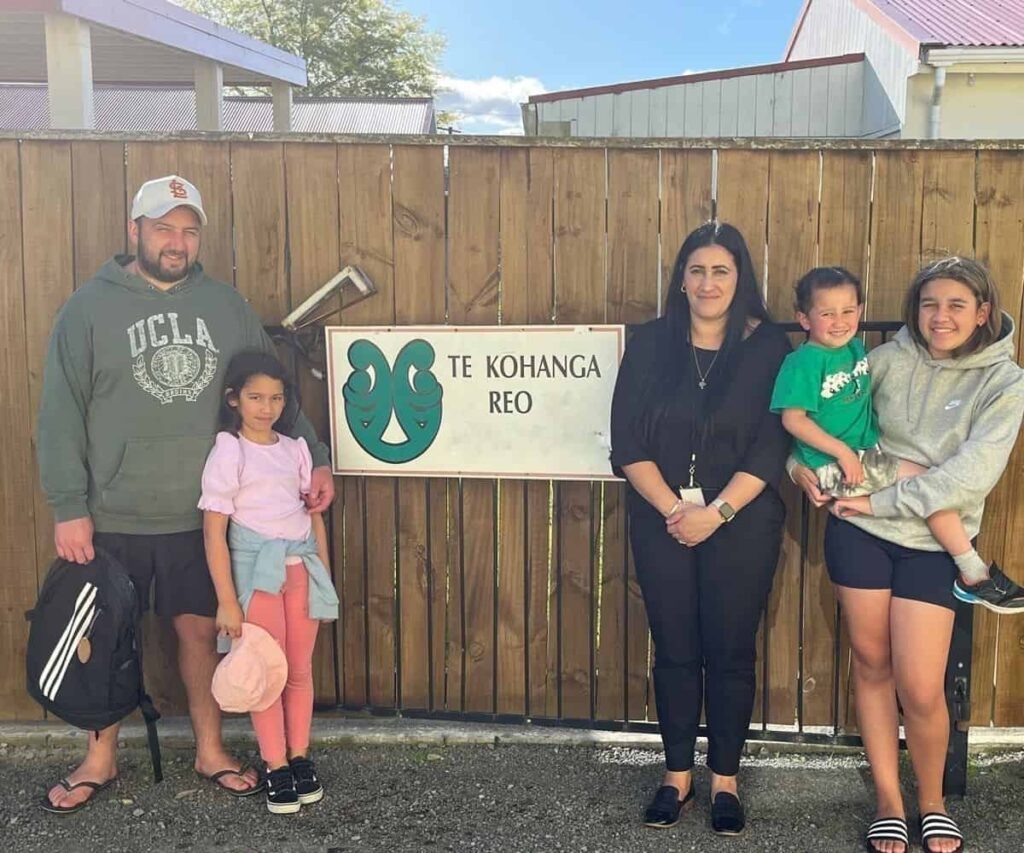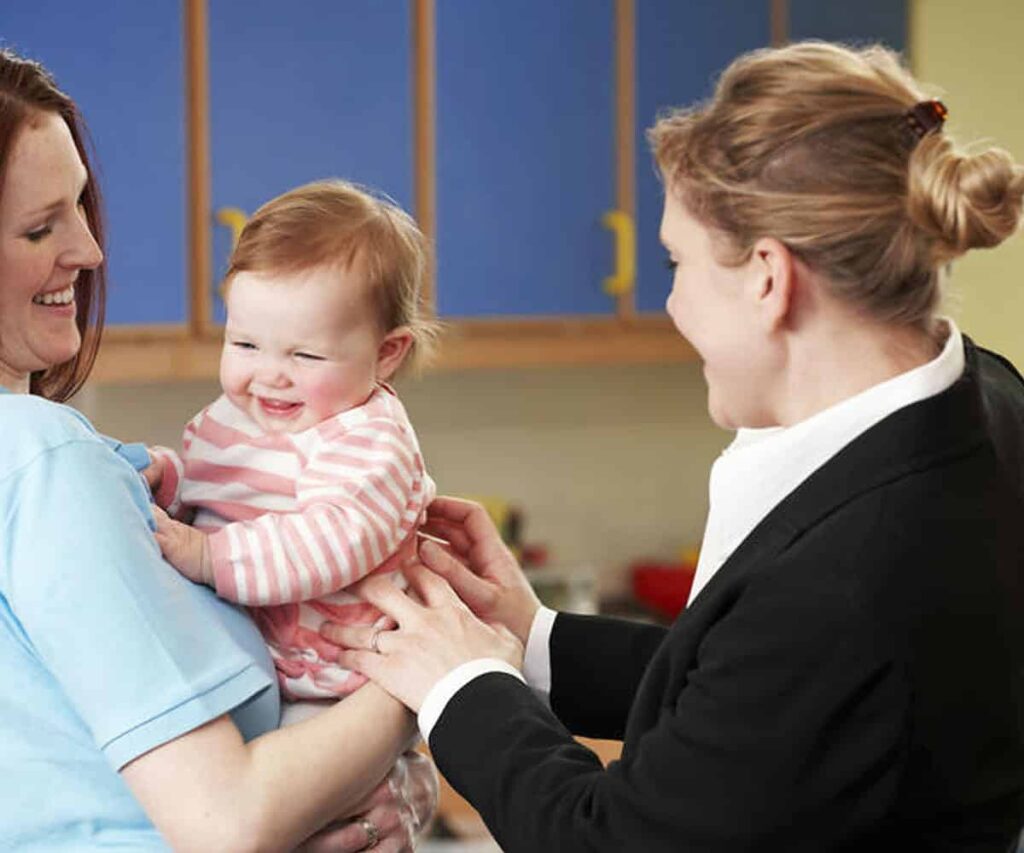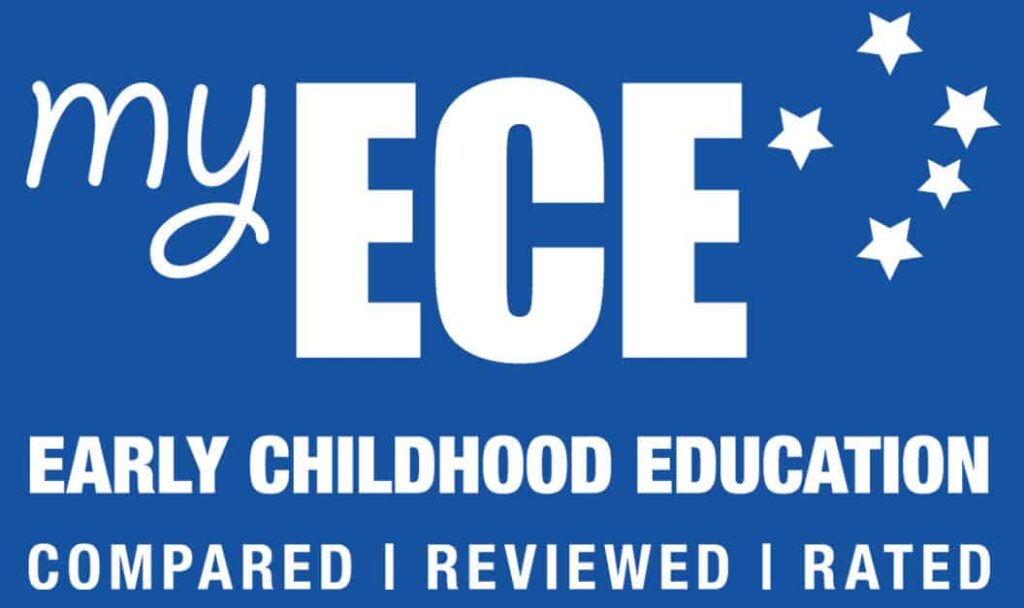Parents written authority is required for certain medicines to be given to children in early childhood education centres and home-based care.
In the regulations for early childhood education services, medicine means any substance used for a therapeutic purpose and includes prescription and non-prescription preparations.
Providing training to adults
- Adults who administer medicines to children (other than their own) are provided with information and/or training relevant to the task.
- A record of training and/or information provided to adults who administer medicine to children (other than their own) while at the service.
Administering medicines
A doctor or ambulance staff can give prescription and non-prescription medicine to a child in an emergency without written authority from a parent.
Children’s medicines must be stored safely, appropriately, and disposed of or sent home with a parent after a specified time.
The service must keep a written record of all prescription and non-prescription medicine given to children and the record must include:
- The child’s name.
- Medicine name and amount.
- Date and time administered and by whom.
- Evidence of parental acknowledgement.
Type of written authority required for different categories of medicines
The following table outlines three categories of medicines, how they are used, and the type of written authority required from parents.
|
Type |
Method of Use |
Parent Written Authority |
|
Category 1 |
Not ingested. Used for the ‘first aid’ treatment of minor injuries. Provided by the service and kept in the first aid cabinet |
Given at enrolment for the use of specific preparations on their child for the period that they are enrolled. |
|
Category 2 Or non-prescription, e.g., paracetamol liquid, cough syrup |
Ingested. Used for a specified period of time to treat a specific condition or symptom. Provided by a parent for the use of that child only. Or, in relation to Rongoa Mäori (Mäori plant medicines), that is prepared by other adults at the service. |
Given at the beginning of each day the medicine is administered. Details include:
|
|
Category 3 Or non-prescription e.g., antihistamine syrup and lanolin cream |
Ingested or not. Used for the on-going treatment of a pre-diagnosed condition e.g., asthma, epilepsy, allergic reaction, diabetes, eczema. Provided by a parent for the use of that child only. |
Given at enrolment as part of an individual health plan, or whenever there is a change.
|
Failing to meet minimum standards
The Ministry of Education needs to know:
- If you are concerned children’s needs are not being met.
- If you are concerned a service is not meeting a minimum legal requirement.
READ MORE: How to make a complaint and your options.
CAUTION: This page and the information here is provided as part of the My ECE Guide to Regulations and Licensing Criteria for Early Childhood Education Services (The Guide). The Guide does not purport to be a full and accurate interpretation of all statutory provisions relating to early childhood education services. While best efforts have been used in preparing this guide, no representations or warranties of any kind are made and My ECE assumes no liabilities of any kind with respect to the accuracy or completeness of the content. Please note that the Government and Ministry of Education may change, update, or alter any of the requirements at any time. Please help to keep the information on this page up to date by letting us know of changes that need to be made.
Thank you! Kia pai te rā
Reference:
Medicines and Parent Written Authority. Published in the My ECE Guide to Regulations and Licensing Criteria for Early Childhood Education Services, prepared by Dr Sarah Alexander and Warwick Marshall.
Last reviewed: 20 November 2022
